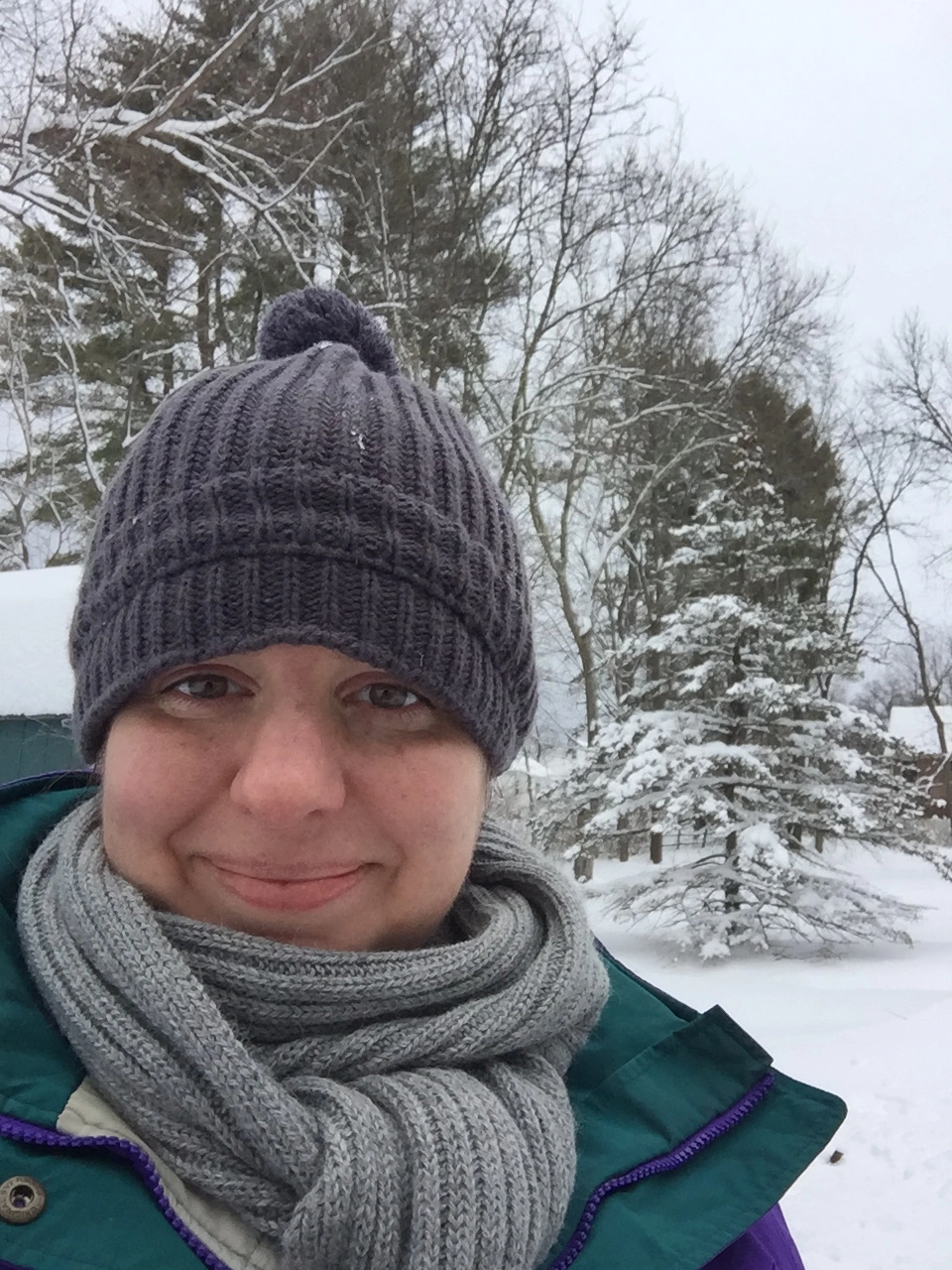

Congratulations to Catherine Agricola, MD for getting some nice press. We have mentioned her here before and now her local paper came to Dr. Agricola for some thoughts on this 3rd wave of CV19:
A few times during the pandemic, there have been stretches of time where you end up reaching a stride or a rhythm. A workflow for testing and managing and tracking. Guidelines that haven’t changed in weeks. A respite from the pendulum swings.
Then you see the Omicron wave offshore and brace for impact. It’s back to swirling new information, updated policies, unsynchronized change.
The disruptive distress has been pervasive. A patient set to start a new job only to test positive and be out for another 10 days. People with symptoms that couldn’t find test appointments for a week. The yearning to be with others. The fear of seeing anyone.
I haven’t been able to manage patients with COVID the way I did before. It isn’t feasible. The volume is too high. And the outpatient treatments that were available are now ineffective. Newer treatments are scarce.
I have started to see patients get through COVID differently. They haven’t sounded as sick over the phone. They weren’t laid up in bed. There were one or two bad days instead of seven. One patient expressed relief that her test was positive after the onset of relatively mild symptoms. The looming fear she’d had for so long was lifted. And she was okay.
I have felt a small hope that Omicron may be an epidemiologic endgame of sorts. If it really is milder and we have a mostly vaccinated society, we might get more community immunity with less tragedy. It’s just, can the system handle this last big push? I’m tired. My colleagues are tired. The system is strained. Even if a smaller percentage of infected patients gets really sick, a small percentage of a large number is still a lot of sick people.
I’m holding out hope that we will get over this surge and maybe transition from a pandemic to an epidemic. Maybe with an epilog on the horizon. I don’t know. But I’m keeping reasonable hope.
Great job, Dr. Agricola! See her DPC website here.